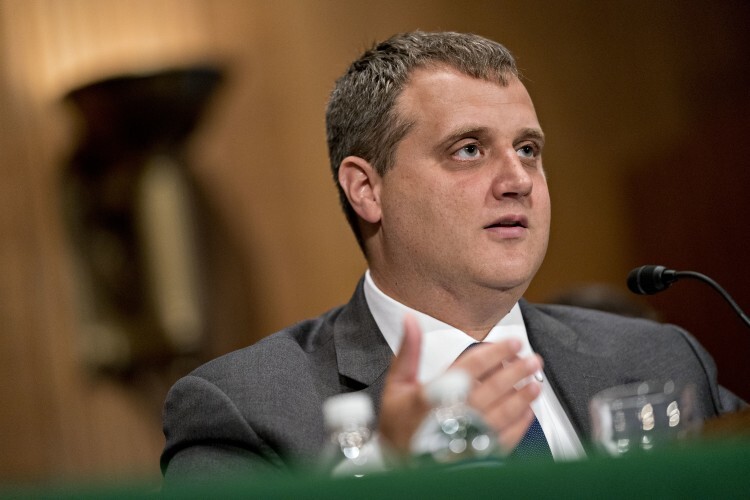New issuance of U.S. structured-finance portfolios is down 24% year-over-year, following a sluggish November volume that was behind only the post-COVID-19 slump in April and May.
According to S&P Global Ratings, the $24 billion in new deals across asset-backed and mortgage-backed securities, as well as collateralized loan obligations, brought the 2020 year-to-date totals to $426 billion – compared to $557 billion for the first 11 months of 2019.
Last year, November’s total volume was $65 billion.
“We expected activity to slow last month, as issuers aimed to price deals ahead of any potential election related uncertainty,” the report stated.

ABS issuance of more than $10 billion last month included $5 billion in auto-loan and lease transactions, $3 billion in esoteric deals and approximately $2 billion across student- and personal-loan securitizations. No commercial ABS across equipment, fleet and dealer floorplan sectors were issued. ABS volume stands at $190 billion, down 21% year-over-year.
CLO activity involved $7 billion in new-issue portfolios (excluding refinancing activity). S&P noted that some recent offerings included the traditional five-year reinvestment periods for CLOs versus the three-year periods that most managers were including in new offerings this summer. Total CLO volume to date is $81 billion, down nearly 25% from the 2019 pace.
CMBS issuance was just over $3 billion last month, involving two conduit and three single-borrower transactions, S&P reported. The $48 billion in volume is down 42% on a year-over-year basis. Most deals have carved out retail and lodging properties from the collateral, with sponsors concerned about their performance from short-term pandemic impact. (The retail brick-and-mortar section also carries long-term risks based on a long-term consumer shift to online shopping that accelerated during coronavirus-driven business closings).
S&P’s report said residential MBS deals totaled $3 billion in November, bringing the 2020 total to $106 billion with a month remaining in the year – down 14% to the same 2019 period. The mix of deals includes agency credit-risk transfer, non-QM, re-performing/non-performing, reverse mortgage, prime jumbo, investor properties, and single family rental.










